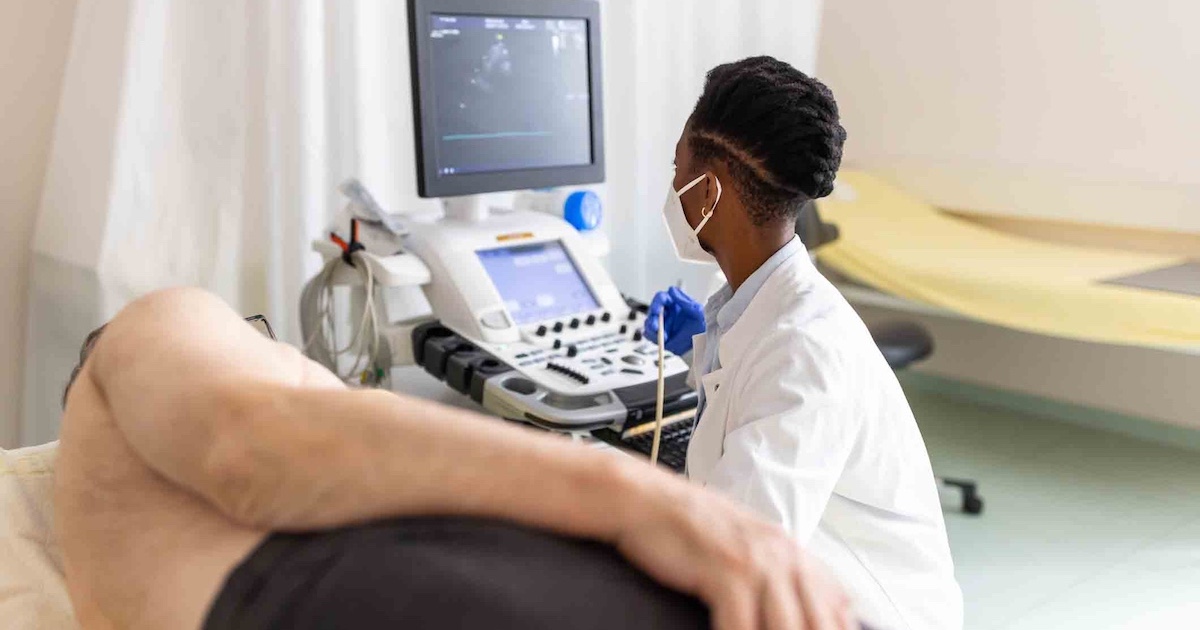Consider this all-too-common scene. You've just been diagnosed with a rare disease – Amyloidosis, perhaps, or Sjogren's Syndrome, or Fabry Disease – and you're walking out of the doctor's office. Chances are neither you nor anyone you know (maybe not even your doctor) has heard of this condition before. What do you do?
You pull out your smartphone or iPad and look it up.
OK, now you know a little bit more about what you have, including the unsettling fact that you're one of a few thousand, perhaps even hundred, to be afflicted. That's not much of a base from which to draw support. You can't just walk into a support group meeting at the local church or dial a 1-800 number.
Enter Ben's Friends.
In this age of mHealth tools and real-time resources at your fingertips, this online platform of patient support communities is quickly finding its niche in connecting people with rare diseases to others who share that disease – and, in some cases, to the far-flung clinicians who are the experts in that field. Since being launched in 2008, the platform has grown to include 34 communities, and counting. In a sense, it's the ultimate definition of "patient-centric healthcare."
"It's literally a life-changing moment," says Scott Orn, one of Ben's Friends' founders, on that moment when a disease is diagnosed. "They've been suffering for so long and not knowing what's wrong. Now they're thinking, 'At least it's got a name,' and they want to know more about it."
Those connecting to Ben's Friends, Orn says, are contacted by a volunteer "fairly quickly," and then introduced to a support group of people suffering from the same condition. They can share stories, advice or just vent.
"It creates a positive experience out of a negative one," he says.
Launched by Ben Munoz, who survived a rare form of stroke called an arteriovenous malformation (AVM) in 2006, Ben's Friends exists solely as a support network. Managed by Munoz, Orn and Eric D. Kroll, it operates on a roughly $30,000-a-year budget, crowdfunding and partnerships with groups like OrganizedWisdom.com, SavantMD.com, Livestrong.org and others. By 2011, the site had doubled in size, traffic and numbers, and now averages more than 30,000 visitors per month.
"It's almost impossible to make money" on this platform, Orn says, because the consumer base is so small. Conversely, he says, they stay away from the larger causes, like diabetes and breast cancer, because they're well-covered by national and international support organizations backed by venture capital firms.
A rare disease or disorder is defined as affecting less than 1 in 200,000 people in the United States (in Europe, it's 1 in 2,000). Globally, some 60 million people are thought to suffer from a rare disease, with new disorders or variations identified, on average, every three months. Orn figures there are well over 1,000 diseases or afflictions now identified that fit the definition.
Orn says Ben's Friends works to identify and train a volunteer moderator once a disease or disorder is identified as a candidate for a social site. Then it's left to Facebook, Google and Twitter and chance to get the word out.
"Everything we do is by accident," admits Orn. But it's driven by the chance that someone out there who is suffering can find a resource that they've never had before.
Recently, he says, with mobile access to Ben's Friends jumping from 5 percent a year ago to 15 percent, the group submitted its own iPhone app to Apple for approval. On another front, someone in the group had the idea to ask members if they know of doctors who are experts in any of the rare diseases covered by the Ben's Friends community; as a result, the group now has a database of more than 2,000 doctors.
Orn says doctors aren't keen on joining the network because of liability concerns – and, of course, they're "super busy" – but they have no problems being listed as a resource. Likewise, he says, pharmaceutical companies are very interested in the network. They're now looking for grants, more partnerships – any means of "seeking these channels of discovery," says Orn.
The group has recently filed for non-profit status, and is exploring adding videos to its platform. Recently, the organization put out a call for personal stories to include in an e-book. Orn said they had to stop taking stories after only 48 hours, as they had enough material for a 220-page book.
"These are positive, incredible people," he says. "They have these wonderful stories to tell. They're not alone anymore, and they don't want anyone else to be alone."


